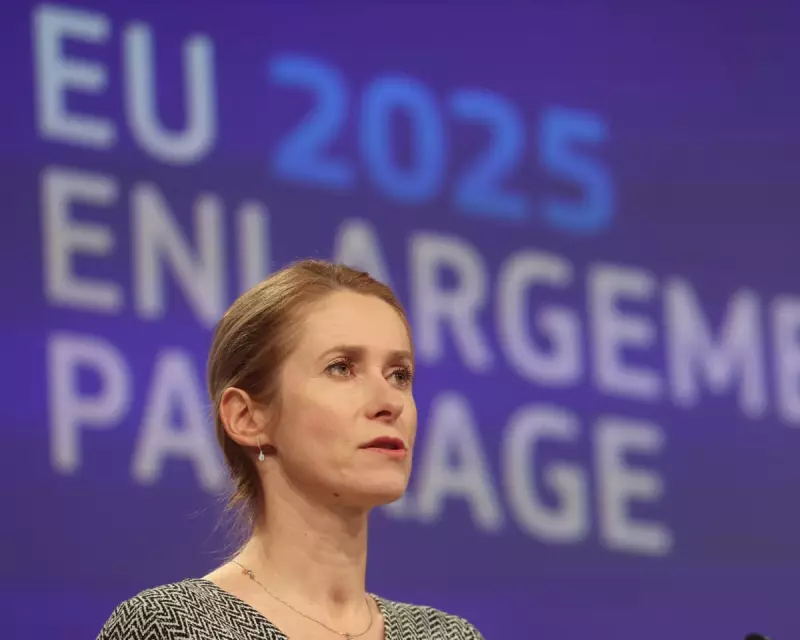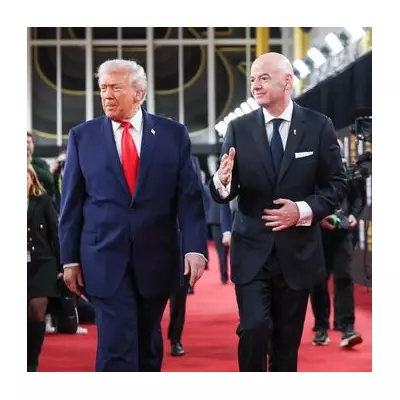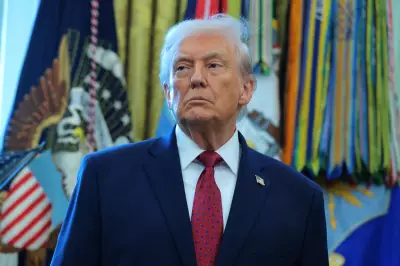
The European Union's foreign policy chief has delivered a powerful endorsement of the bloc's expansion, describing the case for welcoming new member states as "very clear-cut" in both political and economic terms.
Josep Borrell, speaking with notable conviction, argued that the current geopolitical landscape makes enlargement not just desirable but essential for the EU's future security and prosperity. His comments come as several candidate countries, including Ukraine and nations in the Western Balkans, await progress on their membership applications.
Geopolitical Imperative Drives Expansion Agenda
Borrell emphasised that in today's volatile international environment, the strategic benefits of enlargement significantly outweigh any potential drawbacks. "The geopolitical case is very clear-cut," he stated, pointing to the need for a more united European front amid global tensions.
The High Representative for Foreign Affairs suggested that a larger EU would wield greater influence on the world stage while providing stability to regions currently in political flux. His remarks signal a notable shift in tone from previous, more cautious approaches to expansion.
Economic Advantages for Existing Members
Beyond the political arguments, Borrell made a compelling economic case for enlargement. He highlighted how new member states could contribute to the EU's single market, creating opportunities for businesses across the continent.
"The economic case is also very clear-cut," Borrell affirmed, suggesting that expansion would strengthen the bloc's competitive position against other major global economies. This represents a direct challenge to critics who have raised concerns about the financial costs of integrating new members.
Momentum Builds for Accession Process
The strong endorsement from one of the EU's most senior figures comes as momentum builds behind the enlargement process. Several candidate countries have been implementing reforms to align with EU standards, though the path to membership remains complex.
Borrell's comments suggest that political will at the highest levels of European leadership is coalescing around the expansion agenda, potentially accelerating timetables that had previously stretched over decades.
As the debate over the EU's future direction intensifies, Borrell's unequivocal support for enlargement marks a significant moment in the conversation about what shape the European project should take in the coming years.





